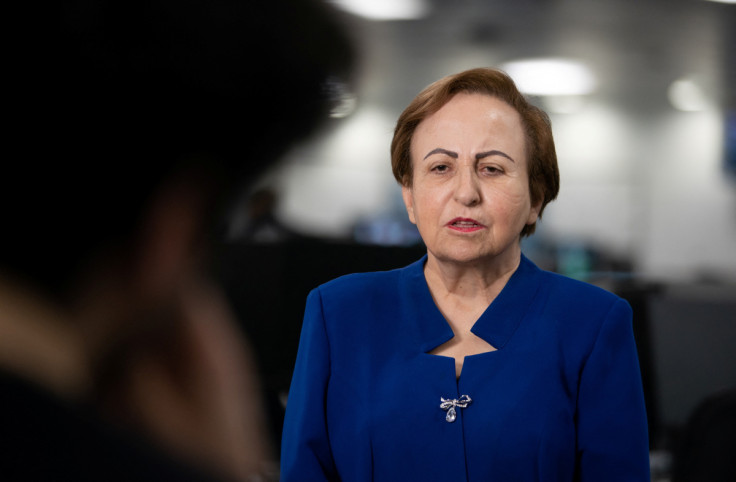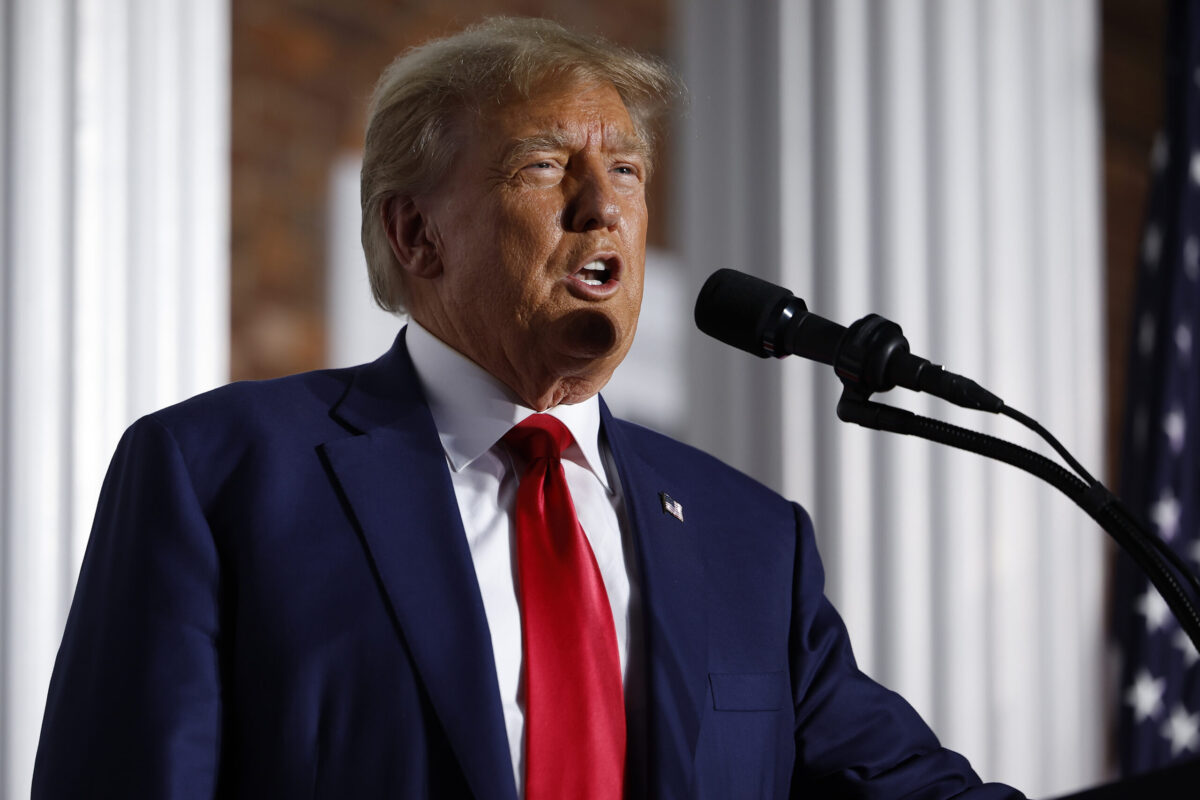Nobel Laureate Shirin Ebadi Calls Iran’s “Revolutionary Process” Irreversible
Reuters
Shirin Ebadi of Iran, the Nobel Peace Prize laureate, stated that the death in custody last year of a young Iranian Kurdish woman has sparked an irreversible change. “revolutionary process” That would eventually lead the Islamic Republic to collapse.
Iran’s clergy rulers have been in turmoil since Mahsa Ali died on September 16th, while being held by the morality police after she was taken into custody for wearing a sarong. “inappropriate attire”.
Iran claims that Amini died from pre-existing medical conditions and accuses the United States and others of fomenting unrest in order to destabilise and stabilize the clerical hierarchy.
Iran’s hardline rulers have reacted as they have in the past to protests in the last four decades. The authorities have executed at least four hangings and handed out dozens of death sentences for protestors. This is according to rights activists.
Ebadi is a staunch critic of Iran’s clerical establishment, which has ruled Iran since 1979’s Islamic Revolution. He has also been a vocal supporter of anti-government protests.
Ebadi is one of many critics who have criticized Iran’s clergy rulers. He believes that the current protests are the biggest challenge to the legitimacy of the establishment.
“This revolutionary process is like a train that will not stop until it reaches its final destination,” Ebadi.
Who was awarded the Nobel Peace Prize 2003 for her work in defending human rights. She has been living in exile in London ever since 2009.
The 1979 revolution overthrew Shah Mohammad Reza Pahlavi of Iran, a secular monarch who was allied to the West and led to the creation of an Islamic Republic.
The latest protests have ushered Iran into an era where there is a deeper crisis between the rulers of Iran and the society at large. Amini’s death has brought to an end years of anger by many Iranians about issues such as economic misery, discrimination against ethnic minorities, and tightening of social and political restrictions.
Iranians of all walks of life call for the fall and chant slogans against the Supreme Leader Ayatollah Ali Khamenei for months.
But protests have slowed significantly since the hangings started. Protests have been most intense in Sunni-populated Iran, and they are now restricted to these areas.
Videos from social media that were not verified by Reuters showed people chanting “Death to Khamenei” Some rooftops are visible in cities, but not on the same scale as past months.
HRANA, a rights group, stated that 527 protestors, including 71 minors, had been killed in unrest as of Wednesday. It also stated that 70 members of security forces were also among the dead. According to the report, as many 19262 protestors were detained.
GROWING ANGER
Ebadi spoke from London in a telephone interview, saying that the use of deadly violence by the state will intensify anger among ordinary Iranians at the clerical establishment, as their grievances are not being addressed.
“The protests have taken a different shape, but they have not ended,” Ebadi spoke to Reuters via phone from London.
Many Iranians are experiencing increasing economic misery as a result of U.S. sanction over Tehran’s disputed nuke work.
Over 50% inflation is the highest in recent decades. According to the Statistics Centre of Iran, youth unemployment is still high. More than 50% of Iranians are living below the poverty line.
At a time when talks are stalled to revive the 2015 Iran nuclear agreement with world powers, the crackdown has increased diplomatic tensions. The United States and its Western allies imposed sanctions on Iranian entities and authorities for their involvement in the crackdown.
Ebadi suggested that the West should force Iran’s clerical establishment to fall from power in order to make it more democratic. “practical steps” It should also reduce its political ties to Iran by recalling its Ambassadors from Tehran. The Islamic Republic should not be bound by any agreements, including the nuclear agreement.
Parisa Hafezi wrote the article; Frances Kerry edited it.
" Conservative News Daily does not always share or support the views and opinions expressed here; they are just those of the writer."






